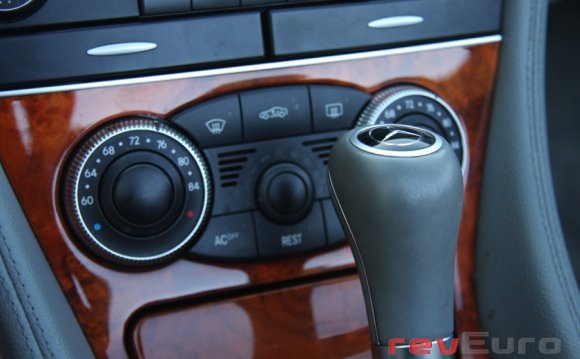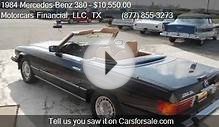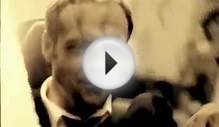
*Subject to credit approval; as allowed by your state's law. Not all vehicles are eligible.
If you choose to return your vehicle, the following steps will help you prepare for turning it in at your Mercedes-Benz dealership.
At three months prior to lease-end:
- Contact your Mercedes-Benz dealer to schedule a Vehicle Condition Review, which will prepare you for the final
lease-end inspection. - During your Vehicle Condition Review, discuss (if applicable) the cost of any excess wear and use, and review the option
of repairing damage or replacing items before you return
your vehicle. - Check out the new line of Mercedes-Benz vehicles and ask your dealer about the attractive Mercedes-Benz Financial Services lease or finance offerings.
- Schedule your final vehicle return and inspection with your Mercedes-Benz dealer.
At turn-in:
- Bring the maintenance booklet, owner's manual, both sets
of keys, tool kit, and any other accessories provided at
lease inception. - Have your vehicle's condition evaluated by your dealer. Afterwards, your dealer will generate a Vehicle Inspection Report describing the vehicle's condition and any excess wear and use charges.
- Sign the Federal Odometer Disclosure Statement confirming the final total mileage on your vehicle.
- Review your maturity bill* and, if applicable, pay any outstanding charges.
- Receive a Vehicle Return Package from your dealer. This will include your signed Federal Odometer Disclosure Statement, the Vehicle Inspection Report, and final maturity bill.*
*Exclusions may apply. Final maturity bill may not be available.
Check it out before turning it in.
Excess Wear and Use Responsibilities:
Our unique Three-Point Inspection will help you understand what is considered excess wear and use. While the standards in your lease agreement provide you with a detailed definition of excess wear and use, the Vehicle Condition Guidelines highlighted in our online guide illustrate how we identify and determine whether or not damage is considered excessive.
Three-Point-Inspection:
- The Credit Card Test ®
Generally, if exterior and interior damage cannot be seen when a credit card is placed over it, you will not be charged.*
- Windshield, Lights,
Wheels and TiresA quick visual check of these areas based on the guidelines will help you determine what is considered excess damage.
- Missing Items
Check for original equipment items and verify that scheduled maintenance is up
to date.
The Credit Card Test is an easy way to determine what will be considered excess wear and use when inspecting your vehicle's exterior and interior.
Vehicle Condition Guidelines - The following items are considered excess wear and use:
- Any scratch through the paint larger than the size of a credit card.
(Scratches that do not go through the paint pass The Credit Card Test, regardless of size.) - Any dent that is larger than the size of a credit card.
- Any damaged safety items, regardless of size (e.g., torn seat belts).
- Collective damage that is caused by a single event, regardless of size (e.g., hail damage).
- Any holes, cracks, gouges, tears, or cuts in the sheet metal or bumper, regardless of size.
- Any tears to the interior larger than the size of a credit card.
Guideline not met Dents, dings and bumps
caused by a single event
Guideline not met Scratch (through paint)
Guideline not met Bumper scuff and damage
Guideline not met
Vehicle Condition Guidelines ' The following items are considered excess damage when inspecting your vehicle's windshield...
RELATED VIDEO












